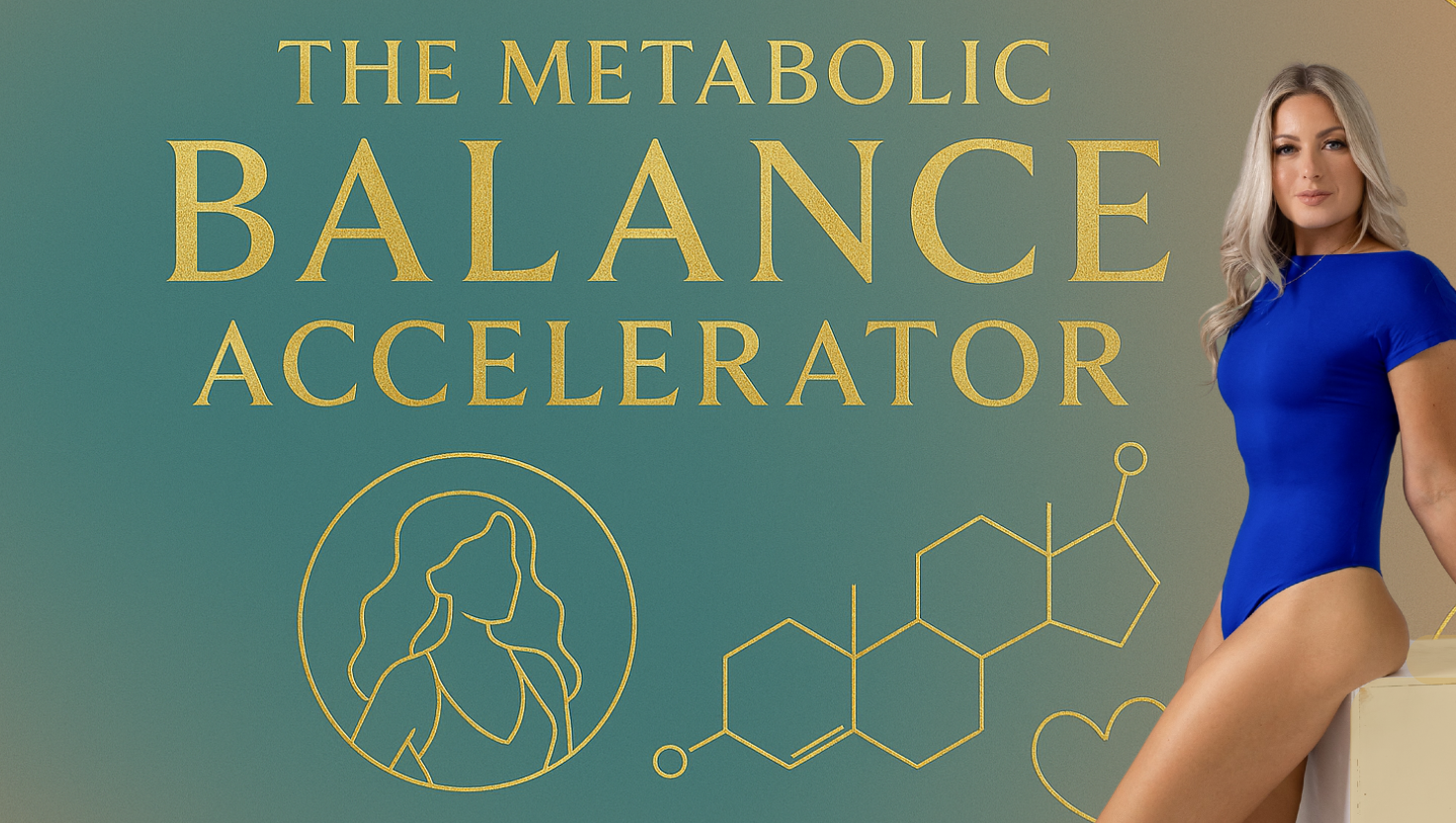Your Body Isn’t Broken.
It’s Brilliant.
You were never designed to hustle like a man or crash at 3pm.
You were designed to lead differently — powered by your hormones, your metabolism, your nervous system, and your own untapped brilliance.
It’s time to make your biology your biggest advantage — and build a life that feels as good as it looks.

High-Performance Wellness, Built for Real Women.
This isn’t about being "perfect."
It’s about being powerful.
It’s about understanding how your female body actually works — and finally working with it, not against it.
Inside my world, we don’t chase endless protocols or punish ourselves into progress.
We master blood sugar, we fuel mitochondria, we regulate our nervous systems, we train smarter, we eat better, we live freer.
You don't need another restrictive plan.
You need a system that unlocks your energy, elevates your leadership, and makes thriving feel like your new normal.
I’ll show you how.
Choose Your Upgrade:

The Complete Wellness Audit
You’ve done the blood work. You’ve been told “everything looks "fine” But your body says otherwise — and you’re done accepting vague answers.
The Wellness Audit is your entry point into a new level of clarity.

IGNITE: The 4 Week Mini Shred
Activate your hottest, most energised self in just 4 weeks! This hormone-safe, results-focused reset kickstarts fat loss, reboots your metabolism, and builds habits your healthiest self lives by.

Metabolic Blueprint Accelerator (MBA Method™)
Where functional bloodwork meets lifestyle design. Build your biology into a high-performance machine — without losing your soul (or your social life).
Science Nerd.
Metabolic Architect.
Wellness Bestie.
Hi, I’m Sheree — a clinical nutritionist, functional wellness strategist, and your new unfair advantage.
(also: big believer that you can build your dream body and drink Prosecco.)
I’m here to teach you what the wellness industry forgot to mention:
➔ Your body isn’t the problem.
➔ Your biology isn’t holding you back.
➔ You just need someone who knows how to read the map.
We don’t do cookie-cutter here.
We build bodies, brains, and lifestyles that are metabolically, hormonally, and energetically designed to lead.
And we have a hell of a lot of fun doing it.

